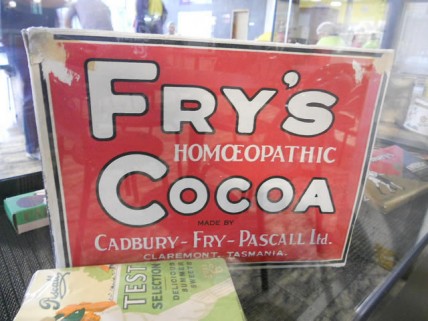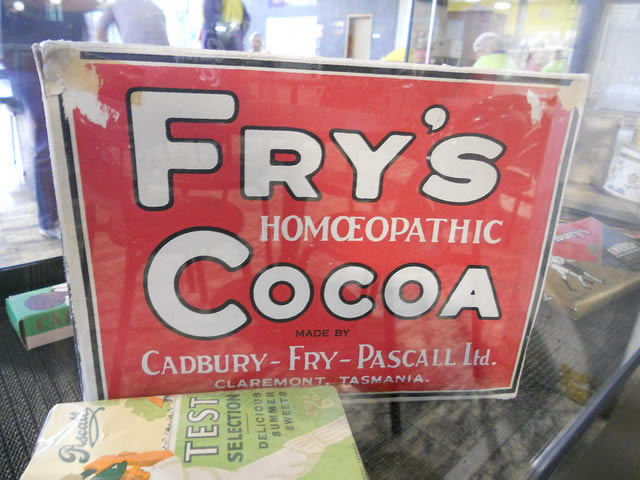
Photograph courtesy of Mike Cogh
Homeopaths in the UK are about to find out what it’s like to be properly regulated….and they don’t like it. Consolidation of existing regulations by the Medicines and Healthcare products Regulatory Agency (MHRA) will come into force in July 2012 despite a vigorous campaign by supporters of homeopathy. While the details of the regulations take a little effort to get your head around, there are a couple of good summaries of the situation, particularly on the UK Parliament website.
Consolidation of the regulations in this way does nothing more dramatic than bring homeopathy products under the same restrictions as other products that make therapeutic claims.
This a big problem for homeopaths because the situation in the UK is that there are only 5 appropriately qualified pharmacies under the regulations which can dispense the four dozen or so formally registered potions that can be legally sold.
All other homeopathic prescribing and supply not involving a face-to-face consultation with a registered homeopath will be unlawful after July 1 2012.
The thousands of unregistered homeopathic preparations that are not included in the regulations (equivalent to our TGA Registered products) will no longer be legal for sale. Even for the handful of legal preparations, supply without a face-to-face consultation will cease. All online sales will be illegal, and even phone ordering will have to cease.
Note that all this has occurred without the law being changed. The implication is that since the Medicines Act was introduced in 1969, it has never been properly enforced with regard to these products. The MHRA has been very firm in responding to the campaign against the changes, and has emphasized that this is not a new law, or even an amendment to existing laws. It is merely a decision to treat all therapeutic products the same, removing the anomalous status of fanciful homeopathic remedies like Dolphin Sonar or Berlin Wall that has existed for over forty years.
Homeopaths affected by the new interpretation of the Medicines Act really have no recourse with legislation either, as MHRA has made it clear that any change to existing UK law to allow sale of these products would directly contravene EU law. This would require a massive legal and political process that would take years, and require political will that does not exist for any other issue short of national security issues.
The regulatory measures will of course only succeed if they are enforced. It is heartening to those of us who value consumer protection that the privileged position of homeopathic remedies is being ended, but one fears the MHRA may be in a similar position to our own TGA. Open flouting of minimal regulations without fear of meaningful sanction such as happens here could be possible. Companies in Australia that run afoul of regulations can afford to take a calculated risk that their profits will far outweigh any puny attempts by TGA to bring them to book. Much like choosing to cop a parking fine occasionally because paying for car parking may work out more expensive if done regularly.
Supporters of homeopathy in Australia may call for statutory regulation of altmed professions but I must say this is the type of evidence-based, low-cost regulatory reform that makes most sense. Homeopathy as such has not been made illegal. It has just been stopped from fleecing consumers by selling unregulated products and making unfounded claims about them.
By Michael Vagg, Barwon Health
Michael Vagg does not work for, consult to, own shares in or receive funding from any company or organisation that would benefit from this article, and has no relevant affiliations.
![]()




